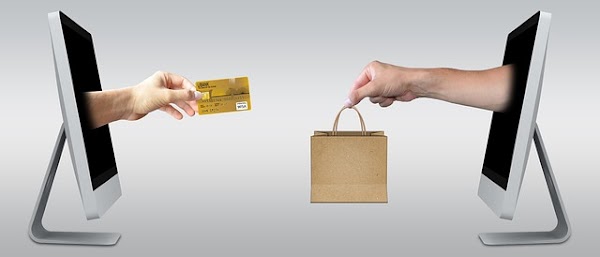Which is better PayPass or payWave?
Which is better PayPass or payWave?
We have already discussed about paypass or paywave international debit card. We have also discussed the difference and similarity but here we learn which is better paypass debit card or paywave international debit card.
It's important to note that while payWave technology is designed with security in mind, it's always prudent to follow best practices to protect your card and personal information. These practices include:
Keep your card secure: Keep your payWave card in a safe place and treat it as you would any other payment card.
Enable transaction notifications: Sign up for SMS or email notifications to stay informed about card activity and quickly detect any unauthorized transactions.
Regularly review statements: Check your card statements regularly to identify any suspicious or unauthorized transactions.
Shield your card during transactions: When making a payment, shield your card with your hand or wallet to prevent unauthorized scanners from accessing your card's information.
Report any issues promptly: If you notice any unauthorized transactions or suspect your card's security has been compromised, contact SBI immediately to report the issue and take appropriate action.
What are the risks of payWave?
PayWave, also known as contactless payment or tap-to-pay, is a convenient and widely used payment method that allows customers to make transactions by simply tapping their payment card or mobile device on a compatible payment terminal. While PayWave offers several benefits, there are some risks associated with its use. Here are a few potential risks:
Unauthorized Transactions: One of the main concerns with PayWave is the risk of unauthorized transactions. If someone gets hold of your contactless card or mobile device, they could potentially make purchases without needing your PIN or signature. While there are usually limits on the transaction amount for contactless payments, it's still important to keep your payment devices secure.
Data Theft: PayWave relies on radio frequency identification (RFID) technology, which can transmit data wirelessly.
There have been concerns that criminals could intercept or skim card data using specialized equipment.
However, it's worth noting that most contactless payment systems use encryption and other security measures to protect customer data.
Device Compatibility: Not all payment terminals are equipped with contactless payment technology, and some may have outdated or faulty systems.
This can lead to issues with transactions or instances where you need to swipe or insert your card manually.
It's always a good idea to carry an alternative payment method, such as a traditional payment card, in case contactless payment is not available.
Malware and Hacking: Mobile devices used for contactless payments may be vulnerable to malware or hacking attempts.
If your device is compromised, there's a risk that personal and financial information could be accessed by unauthorized individuals.
It's crucial to ensure your device has up-to-date security measures, such as antivirus software and regular software updates.
Accidental Charges: In some cases, contactless payments can be triggered accidentally. For example, if your payment card or mobile device is near a payment terminal while you're in close proximity, a transaction may be initiated without your intention.
It's important to be aware of this possibility and take precautions to prevent accidental charges.
It's worth mentioning that contactless payment methods, including PayWave, are designed with security features to mitigate these risks. Card networks and financial institutions implement various fraud detection mechanisms, encryption protocols, and transaction limits to enhance the security of contactless payments. Additionally, regulatory bodies impose standards and guidelines to protect consumer interests and ensure secure payment transactions. Nevertheless, it's always advisable to stay vigilant, monitor your transactions regularly, and report any suspicious activity to your bank or card issuer promptly.

